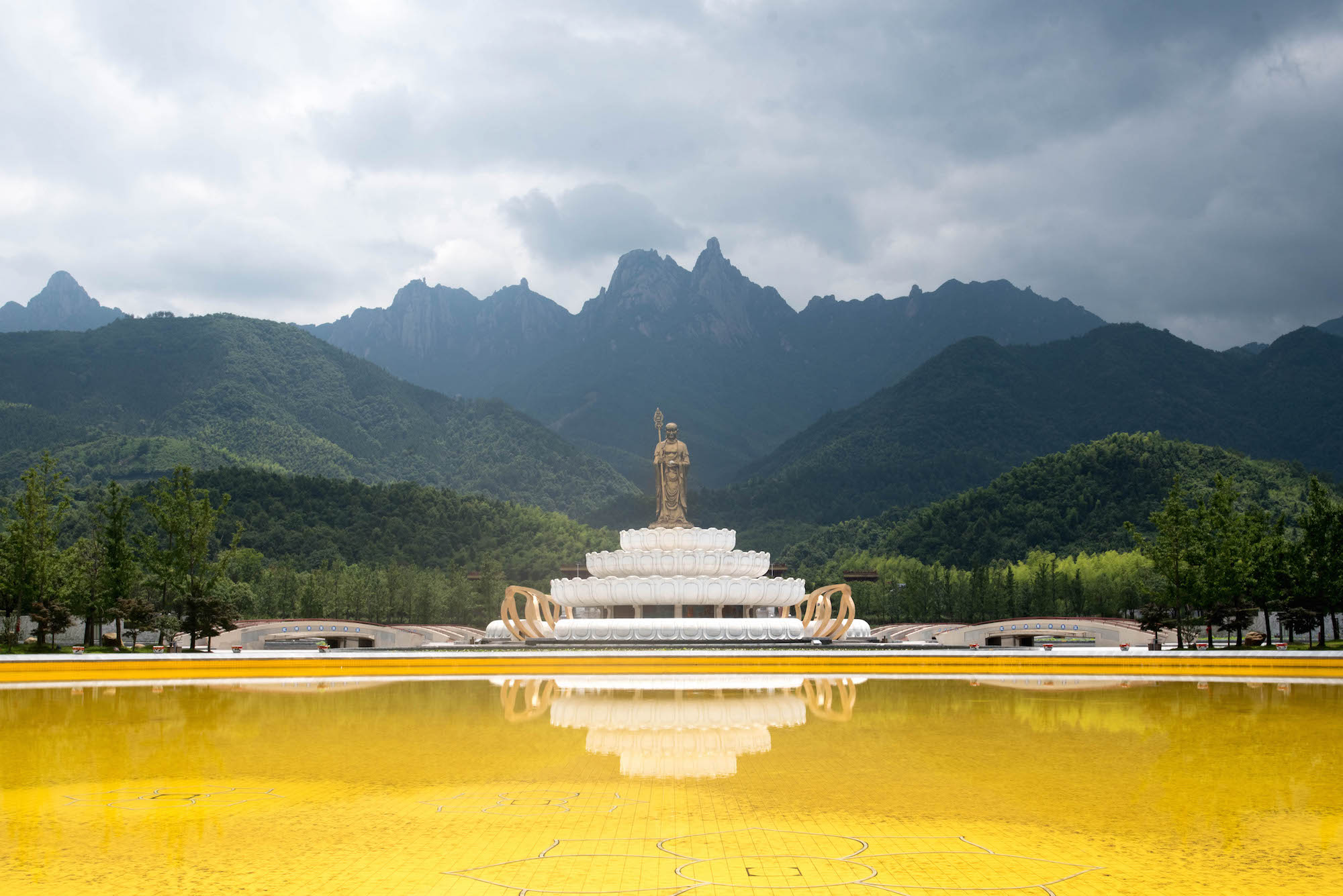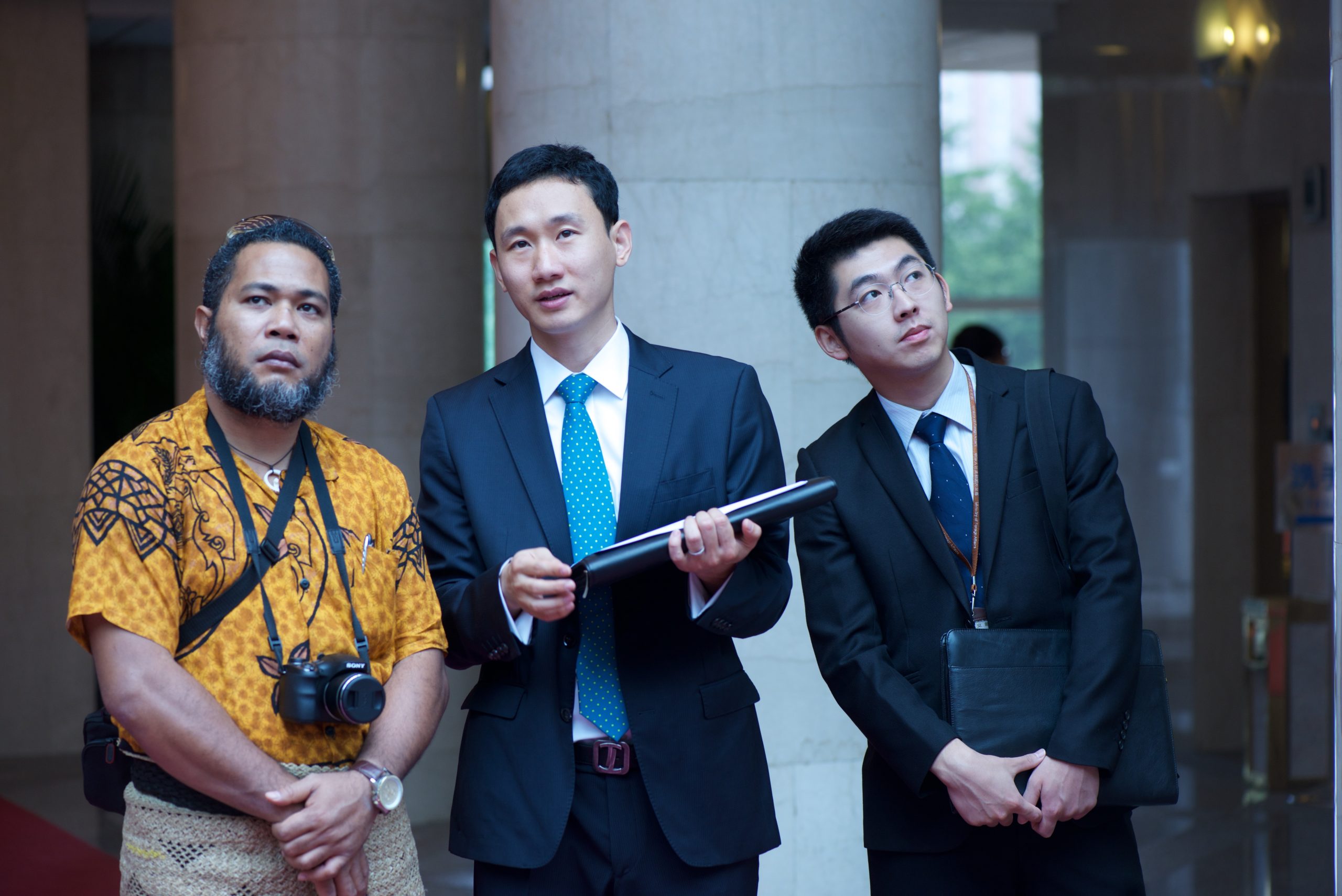
Dear Quartz;
I’d like to thank your Asia correspondent Steve Mollman for lumping the Vanuatu Daily Post in with the Tehran Times in his list of news outlets who ‘totally back‘ China’s South China Sea policy. Last time, it took a category 5 cyclone that wiped out half the country for Vanuatu to get any mention in the US media.
I’m just sorry that we had to get mentioned in such a flatly jingoistic article as this.
Our newspaper doesn’t ‘totally support’ any of China’s policies. We’re also not crazy about a lot of American policies in the Pacific, and Australia—described by George W. Bush as the ‘sheriff’ in our neck of the ocean—well, they don’t get many hurrahs from us either.
Frankly, nobody seems to notice us until we’re underfoot.
But when our Prime Minister endorses China’s South China Sea policy, we report on that. Because it’s noteworthy and in the public interest. That’s what we call journalism.
You might have a different definition. But that’s just you.
China makes no bones about what they expect from Vanuatu’s government. ‘We don’t have any hidden agenda,’ one diplomat told me. ‘We give you aid, and you support our policies. That’s how it works.’
That, I’m afraid to say, is the reality in this country, which still ranks among the Least Developed Nations according to the UN. Virtually all aid comes with geopolitical strings attached, no matter what the source. And Vanuatu, poised on the edge of the Coral Sea, only a short flight from the populated coast of Australia, is of strategic interest to China and the USA alike.
It may be galling for us to live with the realisation that we’re only getting new roads, wharves and airports because of their strategic value to our superpower neighbours. But what choice do we have, realistically?
The plight of small countries throughout the Pacific is to be viewed as little more than squares on a pan-Pacific chessboard.
The last time this game got played out in anger, our nation served as the staging ground for the Solomon Islands campaign. Over the course of World War II, over a million US servicemen passed through the Espiritu Santo military base.
Michener’s classic Tales of South Pacific is largely set there.
In 2017, the Shanghai Construction Group will complete construction of a brand-new 360 metre wharf on that island. It seems China’s memory is a little longer than others’. Probably because they suffered more—and longer—than most other nations at that time.
Not to put too fine a point on it, even if Vanuatu is dancing to the tune of a new master, not much has changed in the great game. In the mean time, excuse us if we feel the need to report the news.
Hugs,
—
Dan McGarry
Media Director



